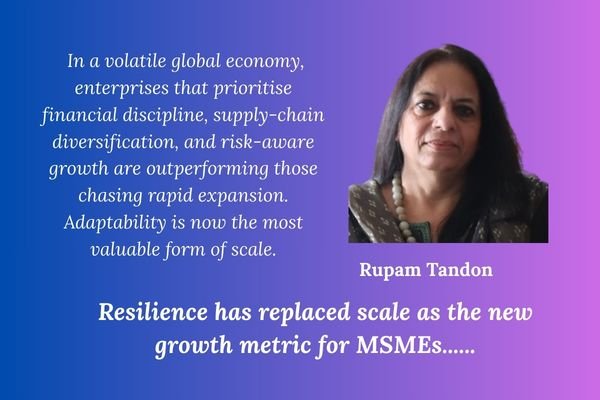Making Decent Work a Reality for Domestic Workers: Progress and Prospects in Asia and the Pacific
Exclusion from national labour laws and high levels of informality continues to take a heavy toll on the working conditions of domestic workers in Asia and the Pacific region, according to a new International Labour Organization (ILO) report Making Decent Work a Reality for Domestic Workers: Progress and Prospects in Asia and the Pacific. Ten Years after the Adoption of the Domestic Workers Convention, 2011.
The report highlights that the majority (61.5 per cent) of domestic workers in Asia and the Pacific are fully excluded from coverage under national labour laws while 84.3 per cent remain in informal employment.The Philippines is the only country in Asia and the Pacific to have ratified the Domestic Workers Convention ten years on from its adoption.
There are some 38.3 million domestic workers over the age of 15 employed in Asia and the Pacific of whom 78.4 per cent are women. The region is also the largest employer of male domestic workers, accounting for 46.1 per cent of male domestic workers worldwide.
Available data indicates that the vast majority of domestic workers in the region do not have any legal limits on their working time (71 per cent), nor any legal entitlement to weekly rest (64 per cent) under current labour laws. The report also finds that domestic workers typically earn some of the lowest wages in the labour market, especially when they are informal.
COVID-19 is also estimated to have had an outsized impact on domestic workers in Asia and the Pacific with the high levels of informality and lack of legal protection leading to job losses, estimated at 2-3 times higher than other workers.
highlights:
- The Asia and the Pacific region employs 38.3 million domestic workers or 50.6 per cent of domestic workers worldwide and remains the world’s largest employer of domestic workers.
- China accounts for a large portion of the total (22 million). Several other countries also make substantial contributions, including India (4.8 million), the Philippines (2 million), Bangladesh (1.5 million) and Indonesia (1.2 million).
- Domestic work in the Asia and the Pacific region is performed largely by women (78.4 per cent) however, the region is also the largest employer of male domestic workers, accounting for 46.1 per cent of male domestic workers across the world.
- In Asia and the Pacific, 61.5 per cent of domestic workers remain fully excluded from labour law.
- 84.3 per cent of domestic workers in the region are in informal employment compared to 52.8 per cent for other employees.
- 64 per cent of domestic workers remain excluded from the right to weekly rest in Asia and the Pacific.
- Only 19 per cent of domestic workers in the region have the same entitlements to paid annual leave as other workers.
- Most domestic workers in the region (71 per cent) remain without any limits on their normal weekly hours. Half of all domestic workers in Asia and the Pacific work more than 48 hours per week. This proportion reaches 58 per cent in the case of domestic workers in informal employment.
- Compared to domestic workers globally, wages of domestic workers appear to be highest in Asia and the Pacific (65 per cent of other wage earners / 58 per cent for women).
- Only 11 per cent of domestic workers in the region enjoy the minimum wage to the same extent as other workers.
- Regionally, evidence from the Philippines and Viet Nam indicates that domestic workers were 2-3 times more likely than other workers to lose their jobs during the pandemic.
Author Profile
Latest entries
 Business2 January 2026Rungta Tea Marks 24 Years with 92% Distributor Retention, Outlines Ambitious Expansion
Business2 January 2026Rungta Tea Marks 24 Years with 92% Distributor Retention, Outlines Ambitious Expansion Business18 October 2025Start Your Drone Business: Aquiline Drones Franchise Program for Veterans
Business18 October 2025Start Your Drone Business: Aquiline Drones Franchise Program for Veterans Doing business3 June 2025India’s Q-Commerce Growth Underscores Market-Driven Innovation: Siddharth Shankar
Doing business3 June 2025India’s Q-Commerce Growth Underscores Market-Driven Innovation: Siddharth Shankar Business15 May 2025World MSME Day: A Global Commemoration of Entrepreneurial Vitality
Business15 May 2025World MSME Day: A Global Commemoration of Entrepreneurial Vitality








